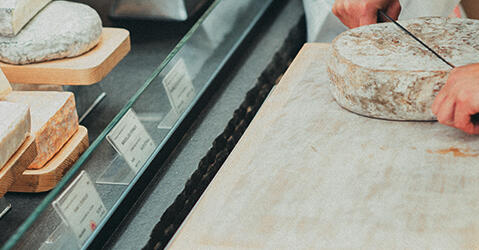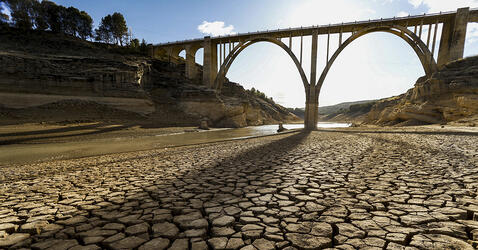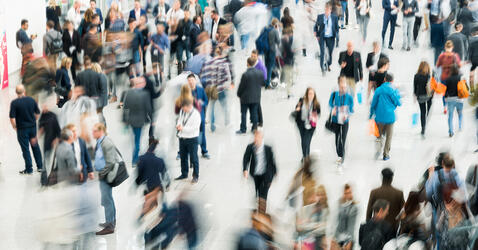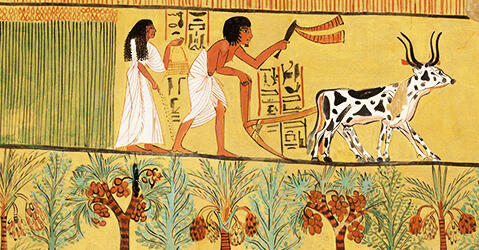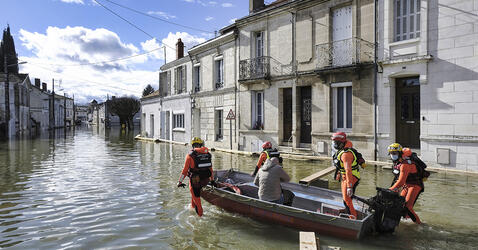You are here
Articles
While very useful in ecosystems, mosquitos tend to ruin the lives of humans. A CNRS team has even recently calculated how much these dipterans cost society, primarily due to the diseases they transmit.
Recent Articles
Article
01.16.2024
Cheeses host a multitude of microorganisms that turn milk into curds. Selected by humans, these ferments are not exempt from food industry regulations – to the point that blue cheeses and Camembert...
01.12.2024
As a result of climate change, a third of the world's population is likely to be affected by dwindling water reserves. This will inevitably lead to growing tensions, both internationally and...
Article
12.21.2023
The sociologist Bernard Lahire feels that it is time for his discipline to identify the fundamental structures of human societies as universal mechanisms, as indisputable as the laws of physics and...
12.15.2023
From dependence to addiction to the dogma of abstinence, the CNRS neuro-addictologist Serge Ahmed talks about the way our societies view the loss of control over consumption.
Article
12.11.2023
The capture and storage of water are an integral part of the development of human societies. The geoarchaeologist Louise Purdue studies the history of hydraulic systems, from simple wells to complex...
12.08.2023
As the COP28 gets under way in Dubai, the climatologist Robert Vautard talks to CNRS News about the issues at stake and his new mandate as co-chair of IPCC Working Group I, which assesses the...



